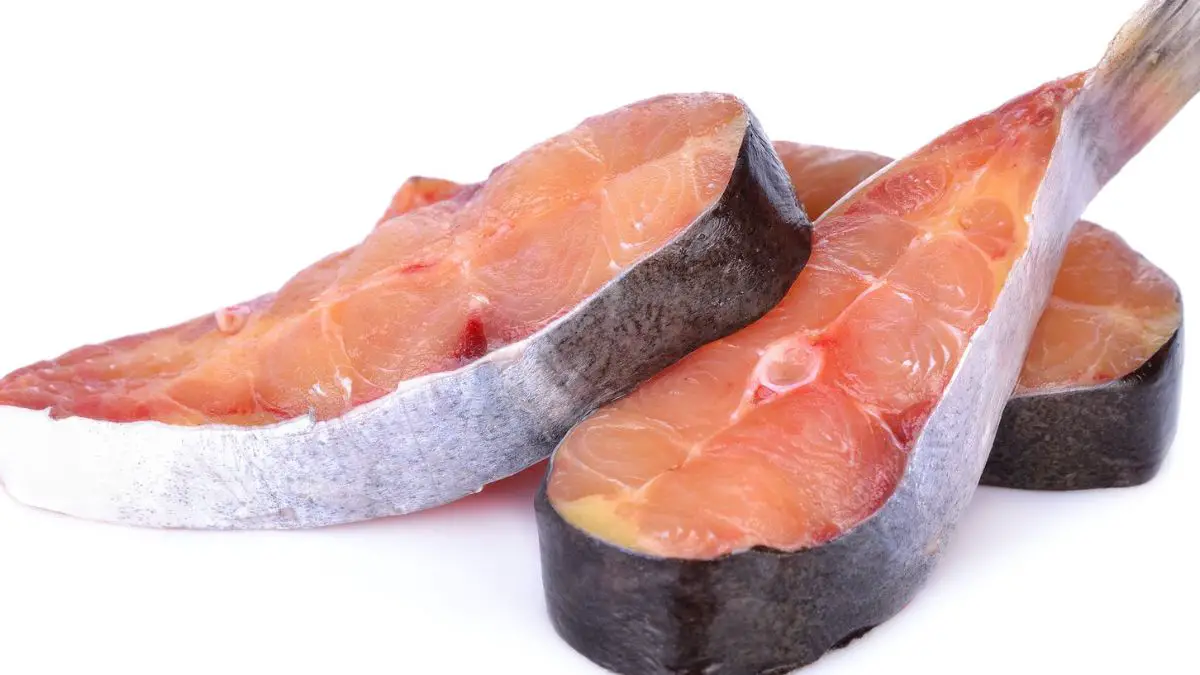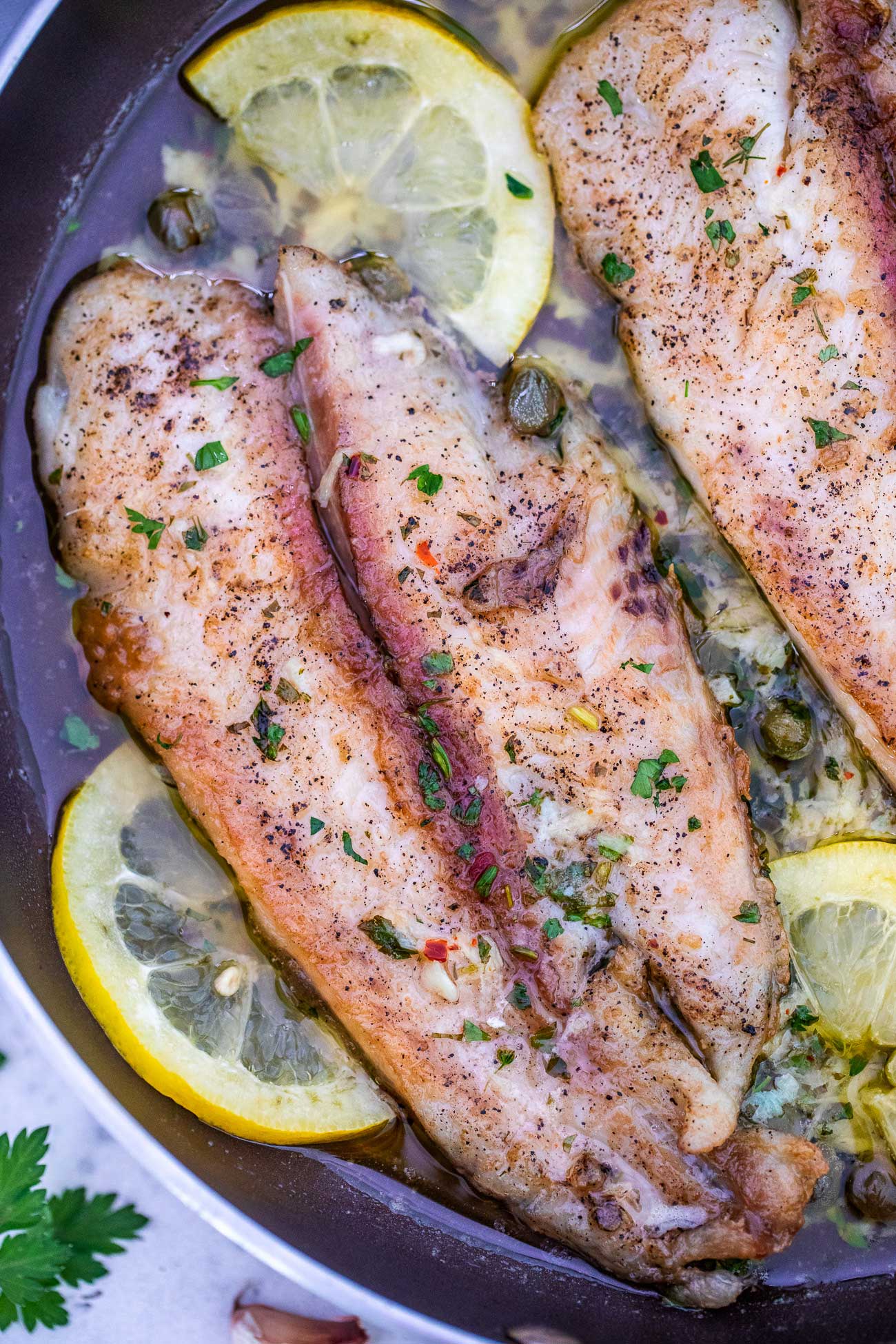Let’s dive into the world of kosher fish and explore whether swai fish fits the bill. If you're into religious dietary laws or simply curious about what makes a fish kosher, this is the article for you. Swai fish has become a popular choice in many kitchens, but does it meet the strict kosher standards? Grab your seatbelt, because we’re about to break it all down.
When it comes to food, especially seafood, there’s a lot of confusion out there. Whether you're Jewish or just trying to make informed choices, understanding the rules around kosher fish is important. Swai fish, which has gained popularity due to its affordability and mild taste, raises some eyebrows among those who follow kosher dietary laws. So, is swai fish kosher? That's the question we’re tackling today.
Before we jump into the specifics, let’s set the stage. Kosher food isn’t just about following rules; it’s about respecting traditions and ensuring that what you eat aligns with spiritual values. If you’re wondering whether swai fish is kosher, we’ve got you covered. We’ll explore everything from the physical characteristics of swai fish to the religious guidelines that determine its kosher status.
Read also:Peso Pluma Dating Anitta The Buzz The Facts And Everything In Between
What Does Kosher Mean Anyway?
First things first, let’s clarify what kosher means. The word "kosher" comes from Hebrew and translates to "fit" or "proper." In the context of food, it refers to items that conform to Jewish dietary laws as outlined in the Torah. These laws dictate which foods are permissible and how they should be prepared. When it comes to fish, the rules are pretty straightforward but still leave room for debate.
For a fish to be considered kosher, it must have fins and scales. This simple requirement might sound easy enough, but it eliminates a lot of seafood options. Sharks, catfish, and shellfish, for example, don’t make the cut. So, where does swai fish stand in all of this? Keep reading to find out!
Why Are Fins and Scales Important?
The requirement for fins and scales isn’t random. These features serve as markers for identifying kosher fish. Fins help fish swim, while scales protect them and are a sign of their purity. Some fish have scales that are difficult to see or remove, which can complicate matters. This is where things get tricky with swai fish.
Swai fish, also known as iridescent shark or basa fish, doesn’t have visible scales. Instead, it has a smooth skin that some argue disqualifies it from being kosher. While it does have fins, the lack of proper scales is a major sticking point for those adhering to kosher guidelines.
Swai Fish: What You Need to Know
Swai fish is native to Southeast Asia and is often farmed in countries like Vietnam. It’s become a popular choice for many due to its affordability and versatility in cooking. However, its reputation has been somewhat tarnished by concerns over farming practices and, of course, its kosher status.
Where Does Swai Fish Come From?
Swai fish is primarily farmed in freshwater environments, particularly in Vietnam. The farming conditions have raised concerns about water quality and antibiotic use, which have further fueled debates about its suitability as a kosher option. While these issues are more about health and environmental concerns, they add another layer to the discussion.
Read also:Bella And The Bulldogs Anthony Keyvan The Rise Of A True Star
Let’s break it down:
- Swai fish is farmed in large quantities, making it an affordable option.
- Its mild flavor makes it versatile for various dishes.
- However, its farming practices have been scrutinized for potential health risks.
Is Swai Fish Kosher? The Verdict
Now, here’s the big question: Is swai fish kosher? The short answer is no. Swai fish does not meet the criteria for being considered kosher because it lacks the visible scales required by Jewish dietary laws. While it has fins, the absence of proper scales disqualifies it from being classified as kosher.
Some argue that swai fish has microscopic scales, but these are not easily removable and don’t meet the standards set by kosher authorities. Therefore, if you’re following kosher dietary laws, it’s best to steer clear of swai fish.
What About Other Fish?
If swai fish isn’t kosher, what are your options? There are plenty of fish that meet the kosher criteria. Here are a few examples:
- Salmon
- Tilapia
- Cod
- Haddock
These fish have both fins and scales, making them suitable for those who follow kosher guidelines. When in doubt, always check with a trusted kosher authority to ensure your choices align with religious standards.
Understanding Kosher Certifications
Kosher certifications can be a bit confusing, especially for those new to the concept. These certifications are issued by kosher authorities who inspect and approve food products based on their adherence to Jewish dietary laws. If you’re buying fish, look for a kosher certification label on the packaging. This ensures that the fish has been inspected and approved by a recognized authority.
For swai fish, you won’t find any kosher certification because it doesn’t meet the required standards. Always check the label and do your research to ensure you’re making the right choice.
How Do Kosher Authorities Inspect Fish?
Kosher authorities inspect fish to ensure they have fins and scales. They also check for any irregularities or discrepancies that might disqualify the fish from being kosher. This process is thorough and ensures that consumers can trust the products they purchase.
When it comes to swai fish, the lack of visible scales is a dealbreaker. Even if it has microscopic scales, they don’t meet the requirements set by kosher authorities. So, if you’re looking for a kosher fish, swai fish isn’t the way to go.
Health Concerns Surrounding Swai Fish
Beyond its kosher status, swai fish has raised health concerns due to its farming practices. Many swai fish farms use antibiotics and other chemicals to manage water quality and prevent disease. These practices have led to questions about the safety of consuming swai fish, especially for those with dietary restrictions or health concerns.
While these issues are separate from its kosher status, they are worth considering. If you’re looking for a fish that’s both kosher and safe to eat, you might want to explore other options.
What Are the Alternatives?
If you’re looking for alternatives to swai fish, here are a few options:
- Salmon: Rich in omega-3 fatty acids and widely available.
- Tilapia: Mild flavor and easy to prepare.
- Cod: Versatile and affordable.
- Haddock: Similar to cod but with a slightly sweeter taste.
These fish not only meet kosher standards but are also known for their health benefits and sustainability.
Why Does Kosher Matter?
For many, following kosher dietary laws is a deeply personal and spiritual choice. It’s about respecting traditions and ensuring that what you eat aligns with your values. Whether you’re Jewish or simply curious about kosher food, understanding the rules can help you make informed choices.
Kosher food isn’t just about what you eat; it’s about how you eat it. The preparation and consumption of kosher food are guided by specific rules that emphasize cleanliness, respect, and mindfulness. For those who follow these guidelines, the question of whether swai fish is kosher is more than just a dietary concern—it’s a matter of faith.
How Can You Make Informed Choices?
Making informed choices about kosher food starts with education. Here are a few tips:
- Research the fish you’re considering.
- Look for kosher certification labels.
- Consult with a trusted kosher authority if you’re unsure.
By taking these steps, you can ensure that your food choices align with your values and dietary needs.
Kosher Fish in the Modern World
In today’s world, where food options are more diverse than ever, understanding kosher food is more important than ever. With so many choices available, it’s easy to get overwhelmed. However, by sticking to the basics—fins and scales—you can navigate the world of kosher fish with confidence.
Swai fish might be a popular choice, but it doesn’t meet the kosher criteria. That doesn’t mean you can’t enjoy other delicious and nutritious fish options. By exploring alternatives and staying informed, you can enjoy a wide variety of kosher-friendly seafood.
Final Thoughts
In conclusion, swai fish is not kosher due to its lack of visible scales. While it’s a popular and affordable option, it doesn’t meet the strict guidelines set by Jewish dietary laws. If you’re looking for kosher fish, consider options like salmon, tilapia, cod, and haddock. These fish not only meet kosher standards but are also known for their health benefits and sustainability.
Remember, making informed choices about food is about more than just following rules. It’s about respecting traditions, ensuring safety, and nourishing your body and soul. So, whether you’re Jewish or simply curious about kosher food, take the time to learn and explore. Your taste buds—and your conscience—will thank you.
Now, it’s your turn. Have you ever wondered about the kosher status of swai fish? What are your favorite kosher fish options? Leave a comment below and let’s keep the conversation going. And don’t forget to share this article with your friends and family who might find it helpful. Together, we can make informed choices and enjoy the best that kosher food has to offer!


